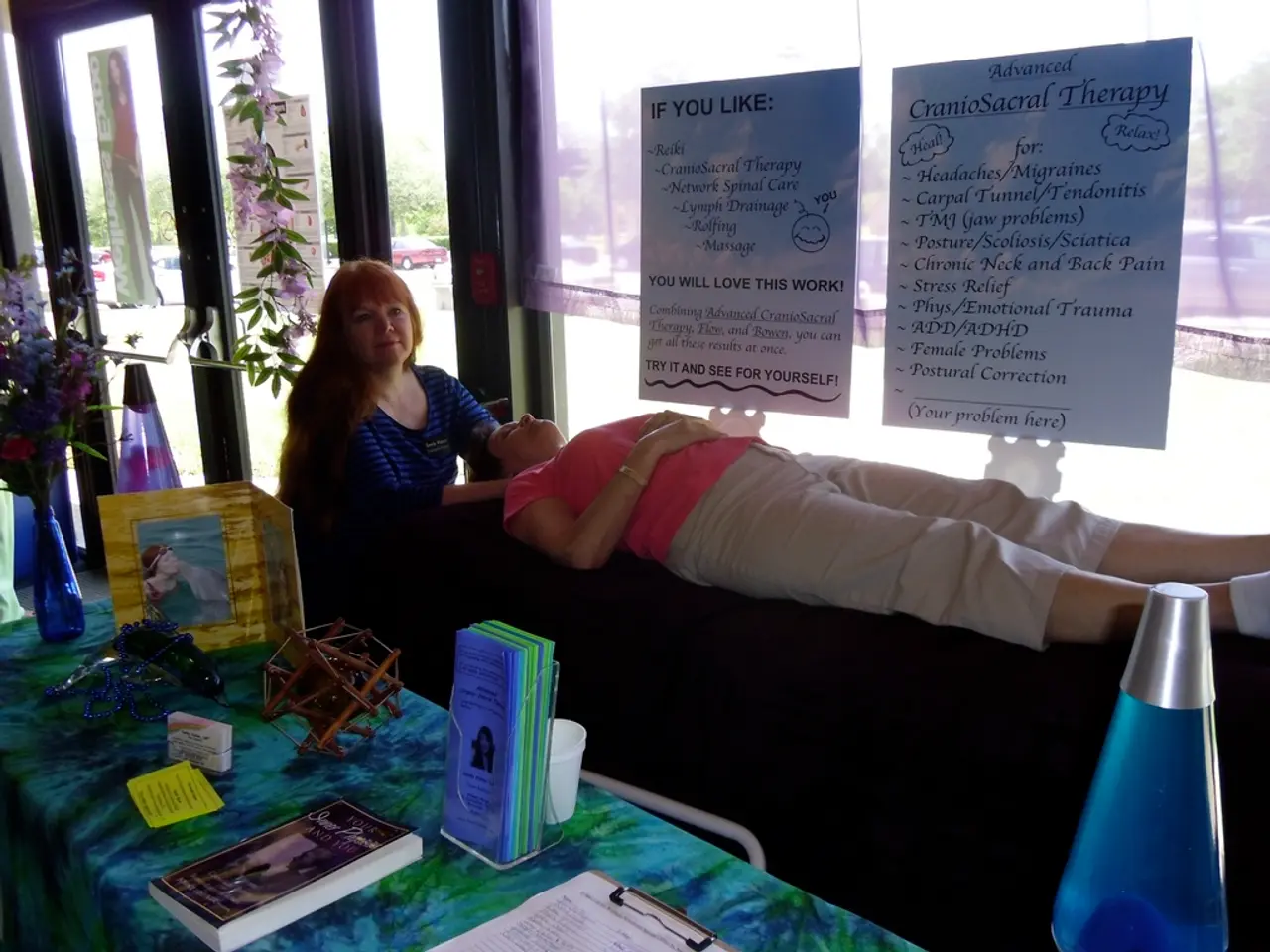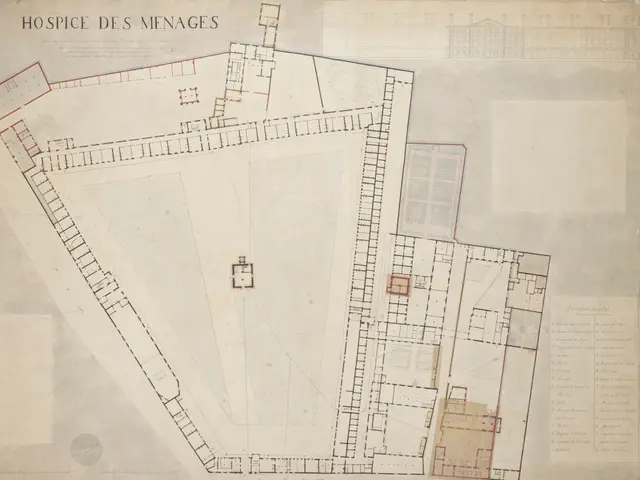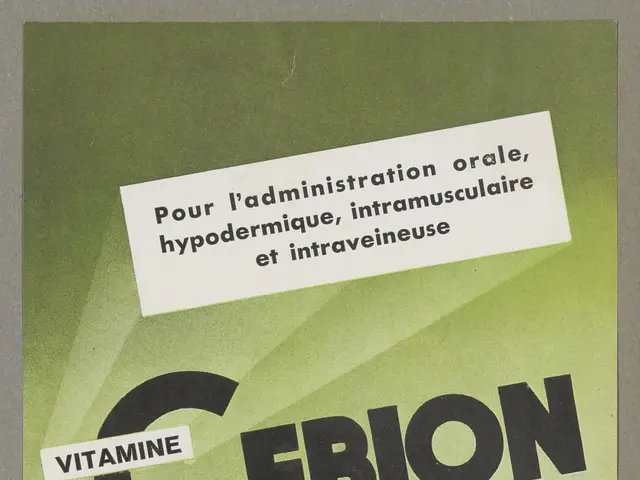Guide for Commencing a Meditation Routine for Stress Reduction
Starting Your Meditation Journey: A Comprehensive Guide for Stress Relief
Meditation, a practice that has been around for thousands of years, is increasingly being recognized for its stress-relieving benefits and positive impact on overall well-being. Here's a beginner's guide to help you embark on this transformative journey.
Embrace Mindfulness Meditation
At its core, mindfulness meditation involves focusing on your breath to stay present. This simple act helps regulate the nervous system, lower stress hormone levels like cortisol, and enhance the production of neurotransmitters like serotonin that promote calm and happiness.
Start Small and Consistent
For those new to meditation, it's recommended to begin with short sessions of 5 to 10 minutes daily. This approach helps build consistency without feeling overwhelmed.
Explore Different Techniques
There are various meditation techniques to choose from. Breath Awareness, Body Scan, Guided Meditation, Walking Meditation, and Loving-Kindness Meditation are some options. Each technique offers a unique approach to fostering mindfulness and reducing stress.
Find a Comfortable Space
A quiet, distraction-free space is ideal for meditation. Sit or lie down in a place where you can relax but stay alert.
Patience is Key
Expect the mind to wander; gently bring it back without self-criticism. Consistency is more important than perfection.
Consider Guided Practices
Apps or videos offering guided meditation can provide structure and help maintain focus, especially for beginners.
Experiment and Stay Engaged
Experimenting with different meditation times or techniques can help maintain engagement and find what best supports your stress relief and well-being goals.
Track Your Progress
Consistently tracking your meditation practice in a journal can help note post-meditation feelings and observe improvements over time.
Join a Meditation Group
Joining a meditation group, either online or local, can provide accountability and a supportive community.
Set Clear Intentions
Setting a clear intention, such as "I want to reduce anxiety," before starting meditation can help keep you motivated.
Reap the Benefits
Over time, consistent meditation leads to better sleep, emotional balance, and greater self-awareness, making stress management easier. It also boosts focus, emotional resilience, and sleep quality.
Adapt to Your Schedule
For those with tight schedules, practicing 1-2 minute mini-meditations during breaks is an option. For restlessness, shorter meditation sessions or walking meditation can be attempted.
Regular Meditation for Stress Reduction
Regular meditation not only reduces cortisol and anxiety but also supports cardiovascular health and emotional well-being by activating the parasympathetic nervous system, promoting relaxation and stress resilience.
With patience, consistency, and an open mind, meditation can become a valuable tool in your stress management arsenal, enhancing your mental clarity, emotional balance, and overall well-being.
Explore the Intersection of Science and Mindfulness MeditationThe growing body of research reveals that mindfulness meditation positively impacts both physical health and mental health, providing scientific validation for its stress-reducing benefits.
Cultivate Mental Health through Regular MeditationAn effective strategy for maintaining mental health, regular meditation can help manage stress, anxiety, and depression, supporting overall well-being in the long run.





